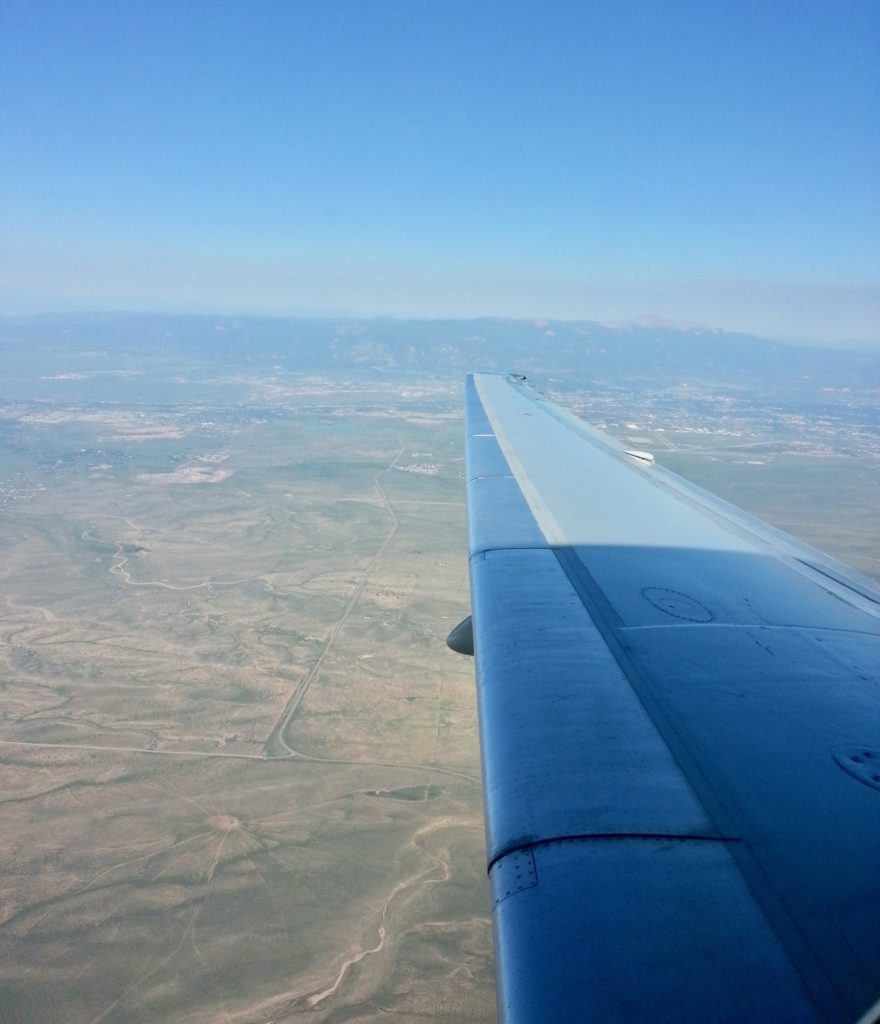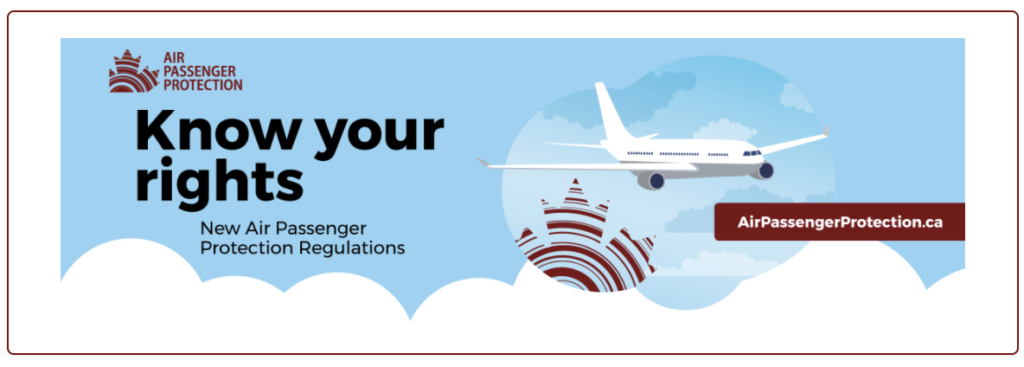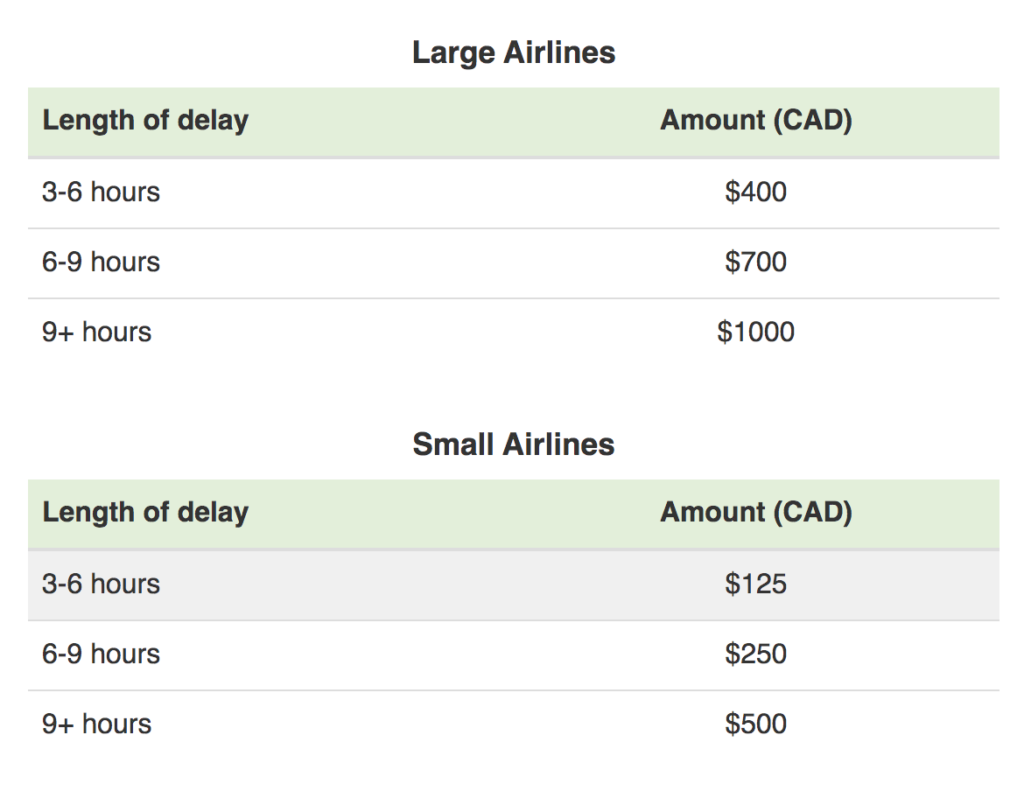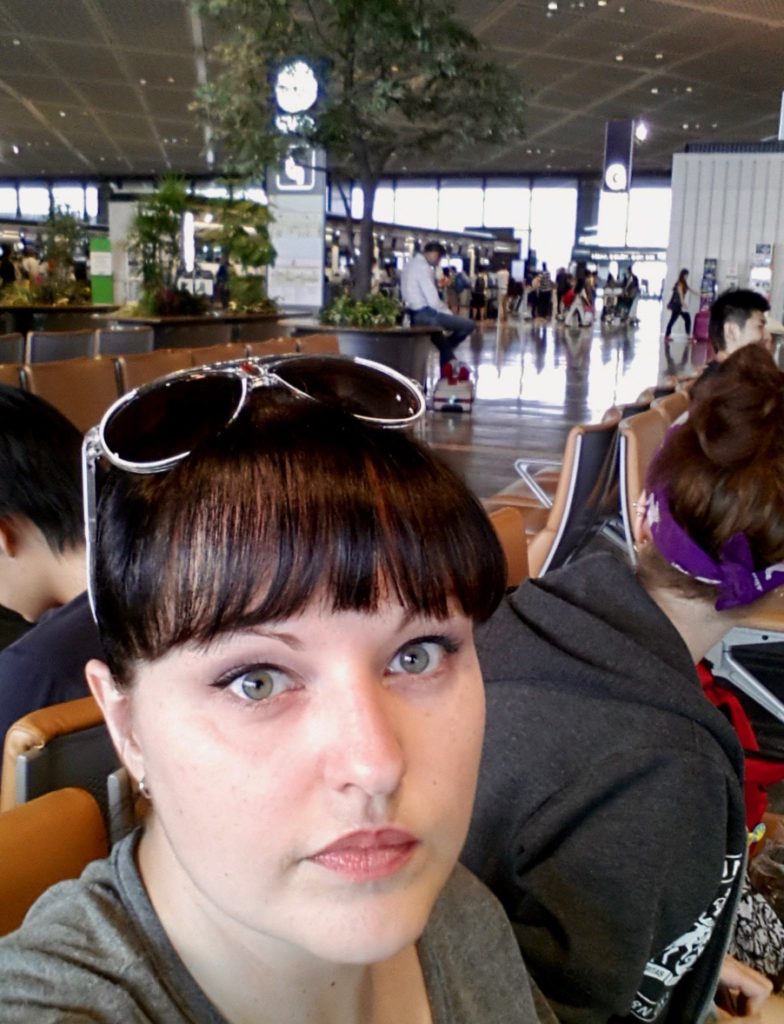As we sit in self-quarantine and dream of better days filled with non-essential outside activities, many of us are on the Internet more than usual. To pass the time, some may have started research on a future trip. A road trip to a neighbouring city or a flight to somewhere farther. If your trip for the after-times will involve flying, now might be a good time to review your rights.

Last May, Canada finalized new regulations for air passenger protection and as of December 2019, all new regulations are now in effect. The bill was passed under the Canada Transportation Act to better protect and inform us – the airline passengers.
The Canadian Transportation Agency said “these regulations apply to all flights to, from, and within Canada. This includes connecting flights.”

The focus of the bill is to lay out a minimum standard of treatment through “minimum airline requirements in air travel – including standards of treatment and, in some situations, compensation for passengers,” according to the CTA.
Phase one focused on clearer communication between airlines and passengers. For example, during a flight disruption (flight or tarmac delays, flight cancellations etc.), airlines must keep passengers regularly informed with flight status updates every 30 minutes until a new departure time is confirmed.
They also have to let us know why our flight has been disrupted as soon as possible through an announcement in the airport, by email or by text message. For people with disabilities, airlines have to make sure that communication is accessible to them in a compatible media format that they can use.
Certain situations of being denied boarding could get you some money back as well. If you’re denied for commercial overbooking or a change in aircraft, you would be entitled to some money for your troubles. See the chart below for details.

Some other regulations included letting passengers disembark after three hours of delay, damages paid for delayed, lost or damaged baggage and improvements to how airlines transport musical instruments.
See more at https://rppa-appr.ca/eng/know-your-rights.
In December 2019, even more air passenger protection regulations were set in motion as phase two began.
In addition to the communication improvements implemented in July, airlines are now required to actively give passengers information about these new standards of treatment. They are also required to let passengers know who they can contact for help or to make a complaint.
More transparency is good for both sides as it will build trust and confidence between airlines and passengers which has been lacking in recent years.

The minimum standards of treatment were further improved to include a requirement that all airlines must provide food, drink and means of communication (wifi) if the delay is more than two hours. Anyone who is delayed overnight gets a free hotel stay and free transportation to that hotel. Phase two also focused on improvements to the treatment of children under 14 and improvements to booking and refund policies.
The CTA is doing a lot more to protect passengers and many say this overhaul was long overdue. Airlines could face up to $25,000 CAD in penalties if they do not comply with these new regulations.
To my fellow travellers who were passing through Canada in the before-times, did you experience any of these new regulations in action?
Let me know and don’t forget to wash your hands!
See the full document here https://laws-lois.justice.gc.ca/eng/regulations/SOR-2019-150/index.html
Thanks!
Good to see you writing your blog again! Thanks for the info!